Poland
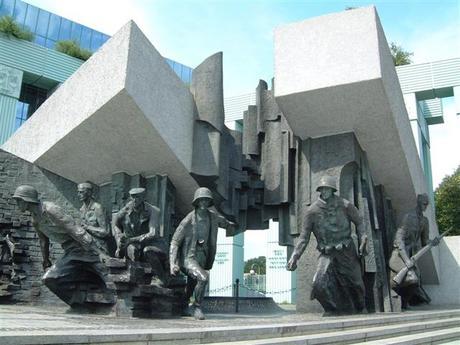
Warsaw Uprising at the end of World War II has seen one of the biggest bloodsheds in all of the War. During the uprising the city was almost flattened.
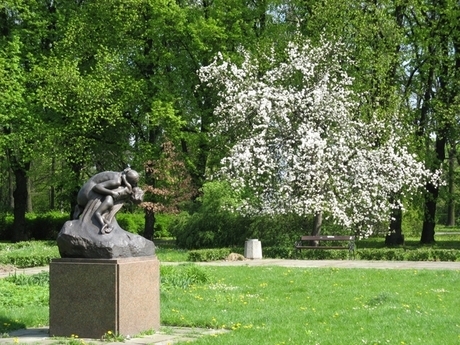
The Traugutta Park was laid out in 1925 near the site of extensive fortifications in the vicinity of Citadel. Traugutta Park is named after a leader of 1863 uprising of Warsaw.
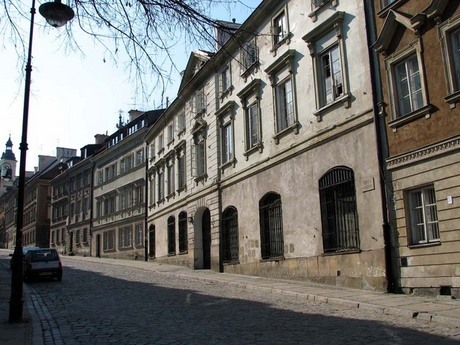
The most famous historic roads in the New Town are Mostowa Street and Freta Street.
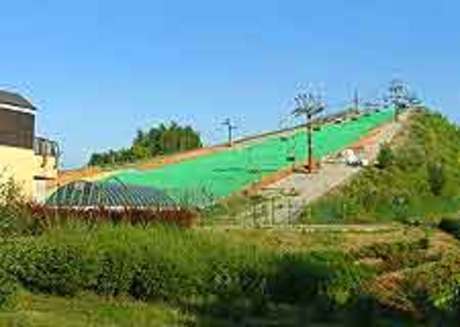
Something for thrillseekers visiting this part of Poland, the CSN Szczesliwice is best known for its artificial ski slope and ski lift. Whatever the time of year, visitors will be able to ski or snowboard, whilst enjoying exceptional views.
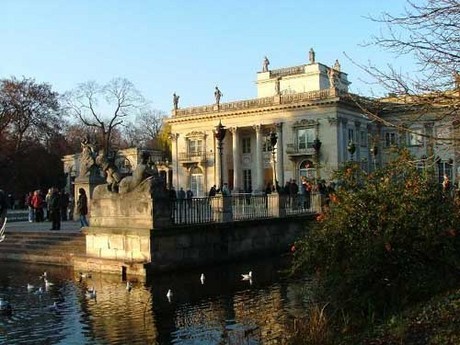
The Baths Park, or Royal Baths is the largest park in Warsaw, occupying 76 hectares of the city center. The park-and-palace complex lies in Warsaw's Downtown (Śródmieście), on Ujazdów Avenue (Aleje Ujazdowskie) on the "Royal Route" linking the Royal Castle with Wilanów palace to the south.
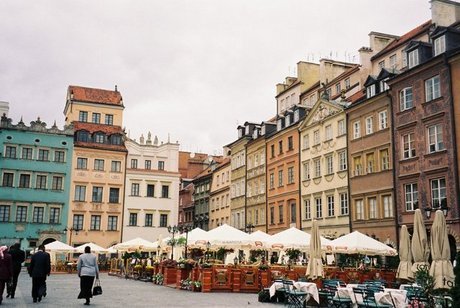
The Old Town is by far the most attractive area of Warsaw. It stretches between Wybrzeze Gdanskie Street, Grodzka, Mostowa and Powale Street. All major attractions are in the vicinity of Rynek Starego Miasta - Market Square.
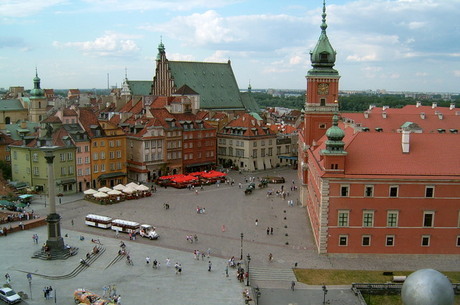
The royal castle is a maginificent example of baroque style - it was built in the XIVth century. In 1569 King Zygmunt III Waza moved his residence to the Royal Castle as Warsaw became the capital of Poland. Today, the castle is part of the National Museum and houses many of its original exhibits, along with a total of 37 paintings in its Lanckoronski Collection, where two Rembrandt portraits are particular favourites.
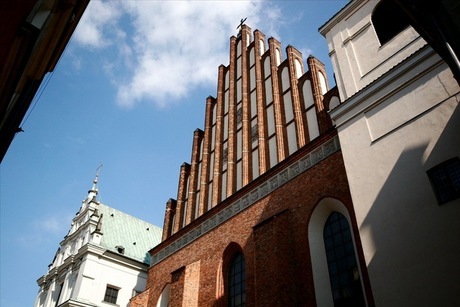
St. John's Cathedral was completed in XVth century. One can admire work by Wit Stwosz - one of the most famous Polish artists. St. John's Cathedral was originally a parish church and only became a cathedral in 1798.
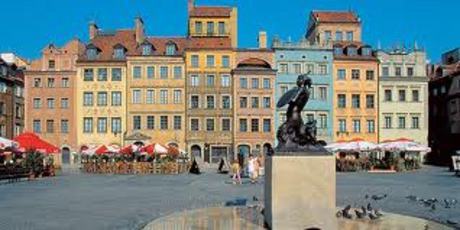
The Old Town Market Square is by far the most popular place for resting and walking for both Varsovians and tourists. The old and charming architecture, quaint cafes and restaurants, small and enticing shops create a unique atmosphere that is not found in other cities in Europe.
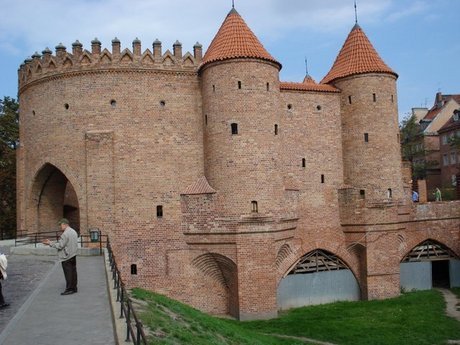
Barbican is the oldest part of the city’s fortifications. It was built in 1548 by the Venetian Giovanni Battista. It used to be an important element of defensive city walls. Its present form is a result of restoration works finished in 1954. Barbican is a round construction, reinforced with four defensive towers. Barbican is today the site of summer art gallery where artists sell their works.
 1 23 4 5 6 7 8 9 10
1 23 4 5 6 7 8 9 10 
